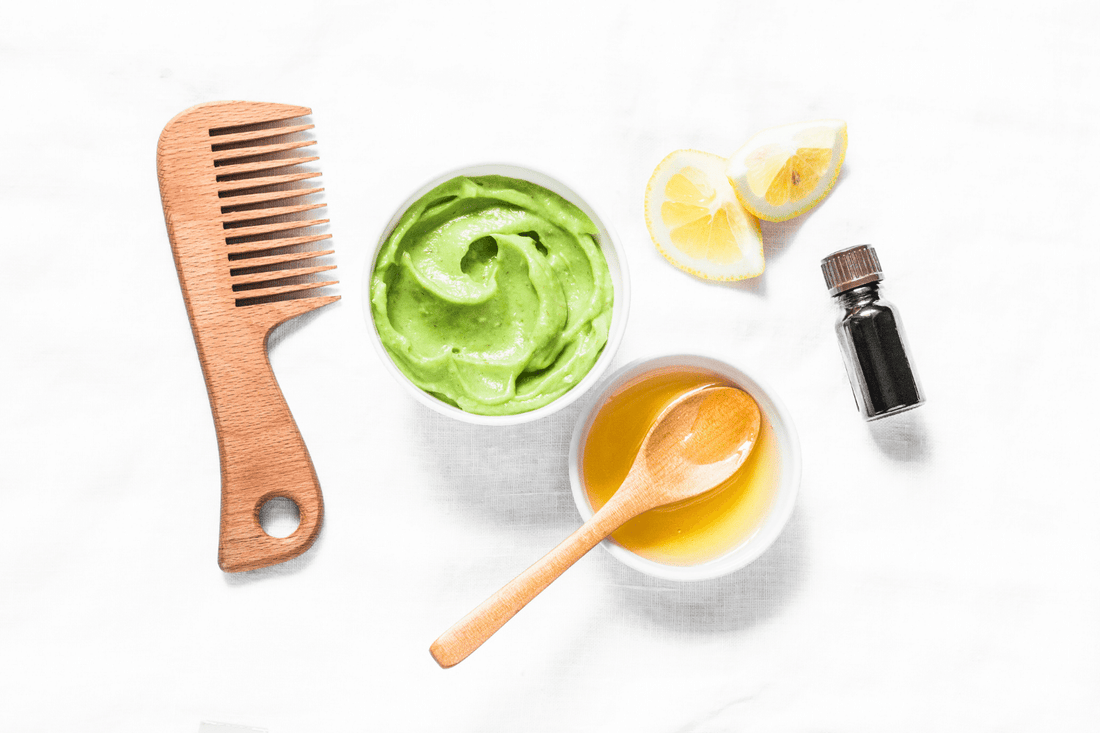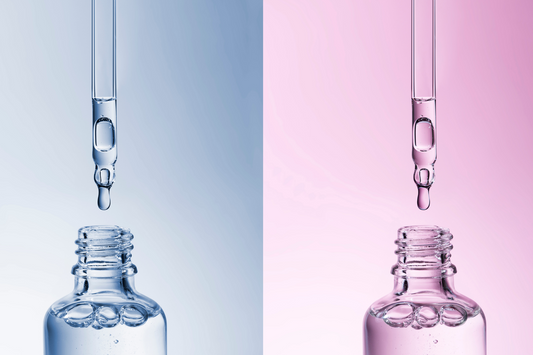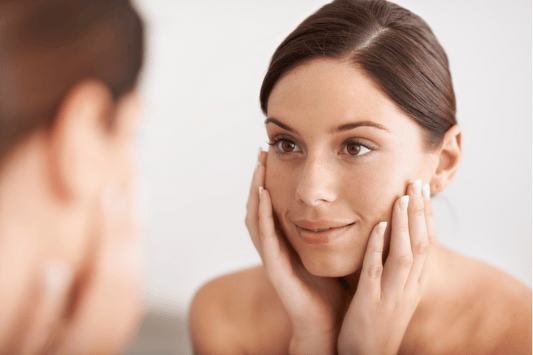Whether you’re looking for hair growth products, finding a way to stop your hair loss, or are just curious about hair growth, it always helps to know the details about the most important factors influencing hair growth. By understanding these factors, you’ll be able to better understand how to take care of your hair and maintain a more beautiful, healthier scalp. Here are the most important factors influencing hair growth:
Your Diet Can Influence Hair Growth
Your hair is just another of many important parts of your body, like skin or bones, and so just like your other body parts, your diet definitely counts as one of the most important factors influencing hair growth. A deficiency of any of the nutrients that your hair needs will negatively impact your hair by potentially reducing shine, the appearance of volume, or triggering breakage. Here are some important factors to consider with regards to hair growth and diet.
Fatty acids
Fatty acids are nutrients that your body (and your hair) need to stay healthy. Regularly consuming these fatty acid-rich foods will help to improve hair density and keep your hair from losing nutrients it needs:
- Salmon, herring, anchovies, mackerel, and tuna
- Flaxseed, sunflower, canola, or olive oil
- Walnuts
- Avocado
Protein
Because your hair is made up of mostly protein, your hair will become brittle or even stop growing completely if you don’t eat enough protein. Here are some foods that are rich in protein so that your hair will stay healthy:
- Eggs
- Lentils
- Tofu
- Almonds
- Quinoa
- Meats like chicken breast, beef, and pork
Vitamin B
There are a lot of types of Vitamin B, from Vitamin B6 to Vitamin B12. Every one of these vitamins is essential for your body and hair, especially hair growth. These foods that are rich in Vitamin B will be sure to keep your hair healthy with regular consumption:
- Whole grains: Buckwheat, brown rice, millet, oatmeal
- Eggs
- Liver
- Citrus fruits: Lemons, oranges, and grapefruit
Sex and Age Influence Hair Growth Too
Your biological sex is another one of the most important factors influencing hair growth, which makes a lot of sense given that your genes dictate how your entire body develops over time (not just hair.) Another one of the most important factors influencing hair growth that we have little control over is age, which is closely tied to sex — here, we’ll go into the specifics of these factors and detail ways that you can treat hair loss associated with these factors.
The relationship between biological sex and age
The factors influencing hair growth as you age can depend on your sex. These factors manifest themselves through changes in important hair growth hormones. Studies have shown that over 55% of women and over 85% of men will undergo hair loss in their lifetimes, a large statistical difference that is due to the greater amount of testosterone that men have. While testosterone by itself does not trigger hair loss, a hormone that is created from testosterone called DHT is the main culprit for hair loss in men’s later years. For women, decreased hair growth with age could be due to menopause; when women go through menopause in their 40s to 50s, hormone levels in their body change. The levels of hormones that enable hair follicles to grow are decreased, and testosterone levels tend to increase, leading to the dominance of, again, DHT. As you can probably tell, sex, age, and subsequently, hormone levels are some of the most important factors influencing hair growth.
Hair Growth Treatment Options
The fact that your sex and age, factors that you have little control over, can dictate so much of your hair growth can be frustrating. However, there are countless options for what you can do to combat this, from drugs to overall lifestyle changes.
Drugs for hair growth
- Minoxidil: This FDA-approved drug has been around for a long time and was originally developed as a blood pressure medication. Research has demonstrated some effectiveness, showing results for about two-thirds of women, though it can have harmful side effects.
- Finasteride: This FDA-approved drug is not over the counter, and works to promote a positive environment for hair growth by inhibiting the presence of DHT, though it too carries with it some unwanted potential side effects.
Lifestyle changes can influence hair growth too
- Eating more antioxidants: Antioxidants help prevent aging in your cells, which can in turn help trigger hair growth with age. Foods with plenty of antioxidants include kale, blueberries, and pecans.
- Drinking less alcohol: Keeping in mind the diet-related factors for hair growth, it’s important for your body to absorb good nutrients that can allow your hair to thrive. Heavy drinking can reverse this by damaging your gut. If you drink, consider consuming less alcohol if you’d like to increase hair growth.
- Destress: Your body is connected. When you stress, the rest of your body does too and the hormones produced can have negative effects on your hair. Try meditating to take some of this burden off of yourself.





